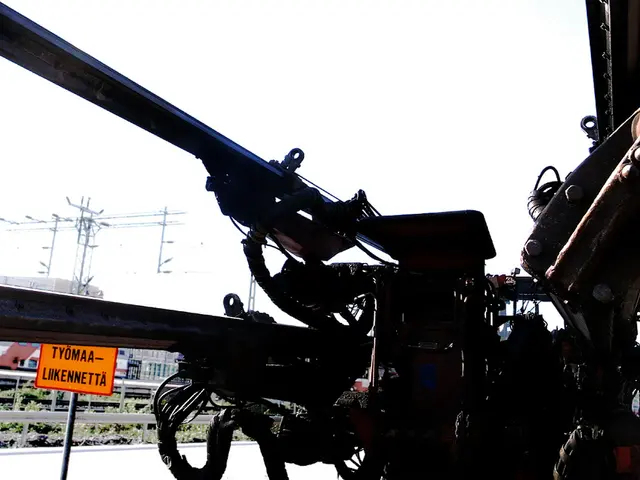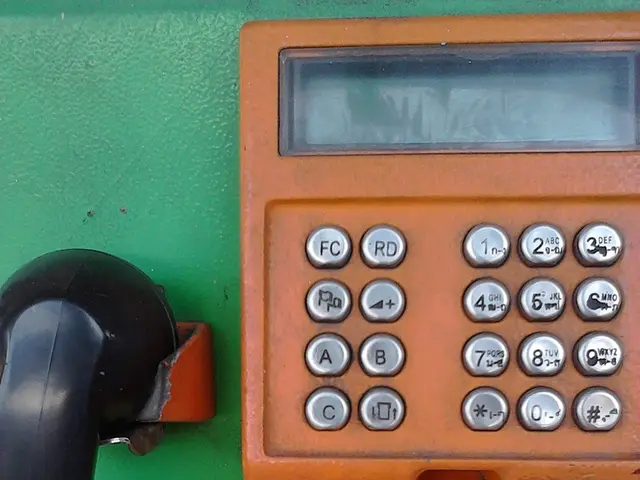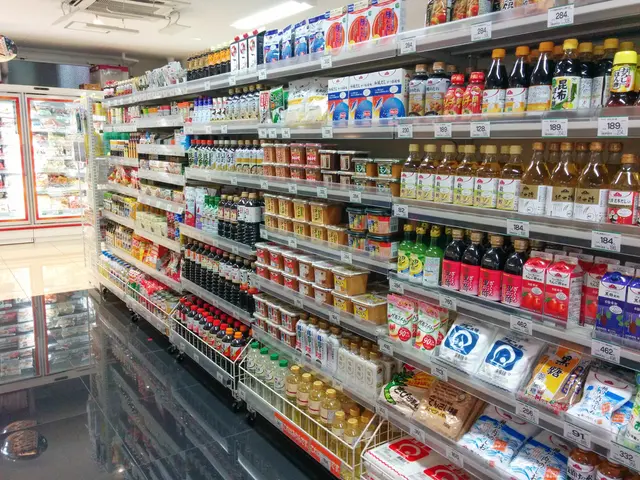Germany's Federal Government seems to lack a strategic approach to mitigate dependence on raw materials from China.
In the realm of raw material sovereignty, Green Party MP Sandra Detzer has criticised the federal government for not taking a stronger role in promoting independence. This criticism comes as the German government grapples with managing its raw material dependence from China, particularly in critical areas like rare earth elements and permanent magnets essential for industries such as defense and wind energy.
The Federal Ministry of Economics and Technology (BMWE), led by CDU Minister Katherina Reiche, is actively pursuing measures to support companies in diversifying their raw material supply. Key steps include diversifying supply sources, investing in recycling technologies, and innovating alternative magnet technologies. Germany has published a Resilience Roadmap, aiming for at least 30% of permanent magnets used in Europe to be sourced from alternatives to China by 2030, increasing to 50% by 2035. These efforts are coordinated under broader European initiatives such as the Critical Raw Materials Act (CRMA) and the Net-Zero Industry Act.
However, Germany faces significant challenges. China dominates global production and refining, controlling over 90% of the rare earth elements market and large shares of other critical materials like lithium and cobalt. This concentration limits the availability and scalability of alternative sources. Disruptions from Chinese export restrictions and tighter export controls have caused supply delays and risk operational halts in sensitive industries like defense. Chinese regulations require licenses and end-use disclosure, adding uncertainty for German companies.
Limited domestic production and insufficient production capacities outside China hamper quick diversification. Moreover, the German government currently lacks comprehensive data on the economic impact of Chinese export controls and does not plan to establish a central registry of vulnerable supply chains, which complicates strategic planning. Small and medium-sized enterprises are particularly vulnerable, with inventory reserves lasting only weeks.
The BMWE has not announced any specific measures to address the economic damage caused by China's export restrictions. Neither a mandatory reporting system nor a central registry is currently planned by the BMWE. The lack of transparency and planning in managing Germany's raw material dependence from China is a concern.
Recently, the BMWE has admitted that its efforts to support companies in diversifying their raw material supply have had limited success. The federal ministry has received a query from the Green Party parliamentary fraction regarding this issue, but no funding programs for diversifying raw material supply have been established.
In summary, Germany's strategy involves diversification, recycling, European cooperation, and innovation, but challenges remain due to China's predominant market role, supply restrictions, limited alternatives, and information gaps. The BMWE's ongoing efforts to support companies in diversifying their raw material supply, while commendable, require more concrete action and transparency to effectively reduce Germany's dependence on critical raw materials from China.
Read also:
- Unchecked Management of HP Dams Leads to Environmental Disaster: RTI Reveals
- Impact of Trump's Enforced Russia Sanctions Could Compel Putin's Decision-Making
- Nordstrom taps prominent New York residents for their second advertising campaign in the city.
- Harnessing Magnetism's Potential: Revolutionizing Energy Production for a World Transformed







